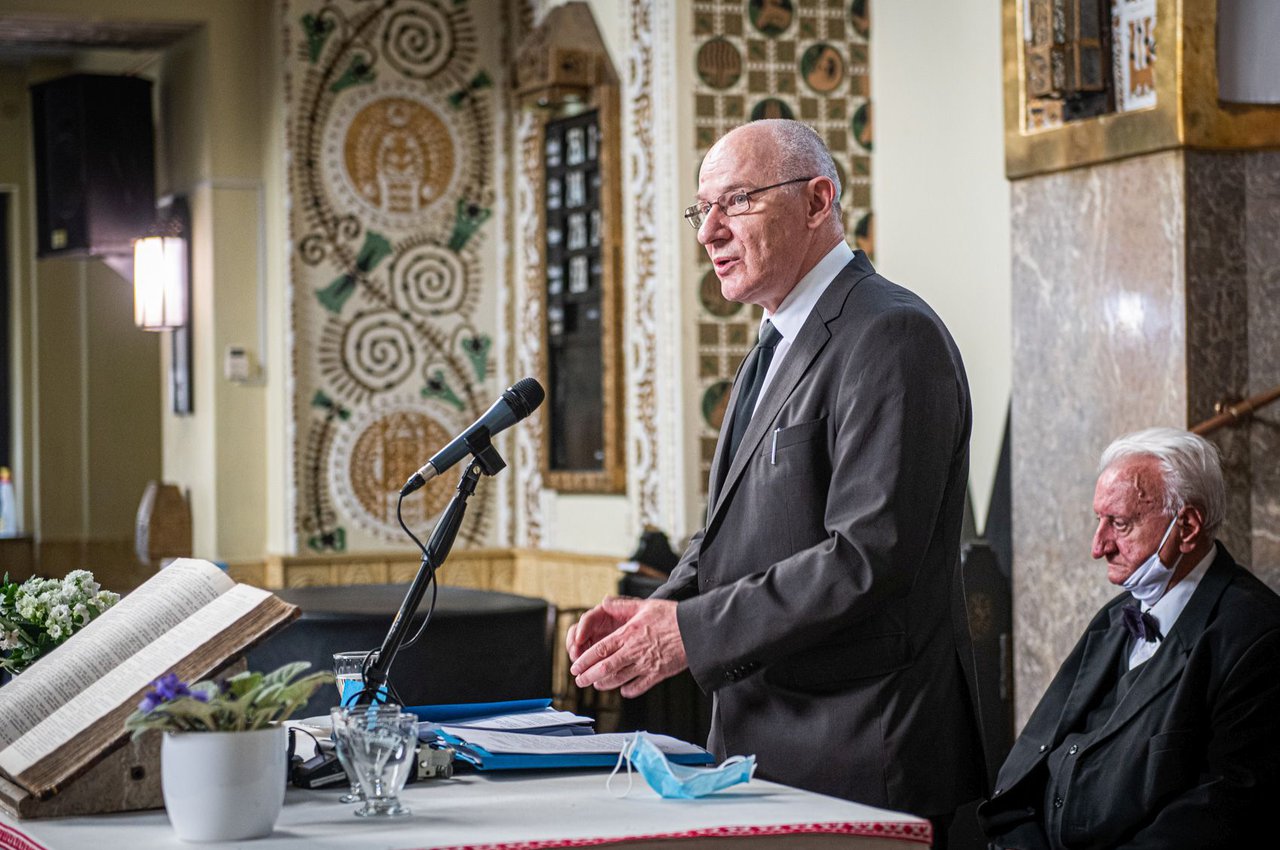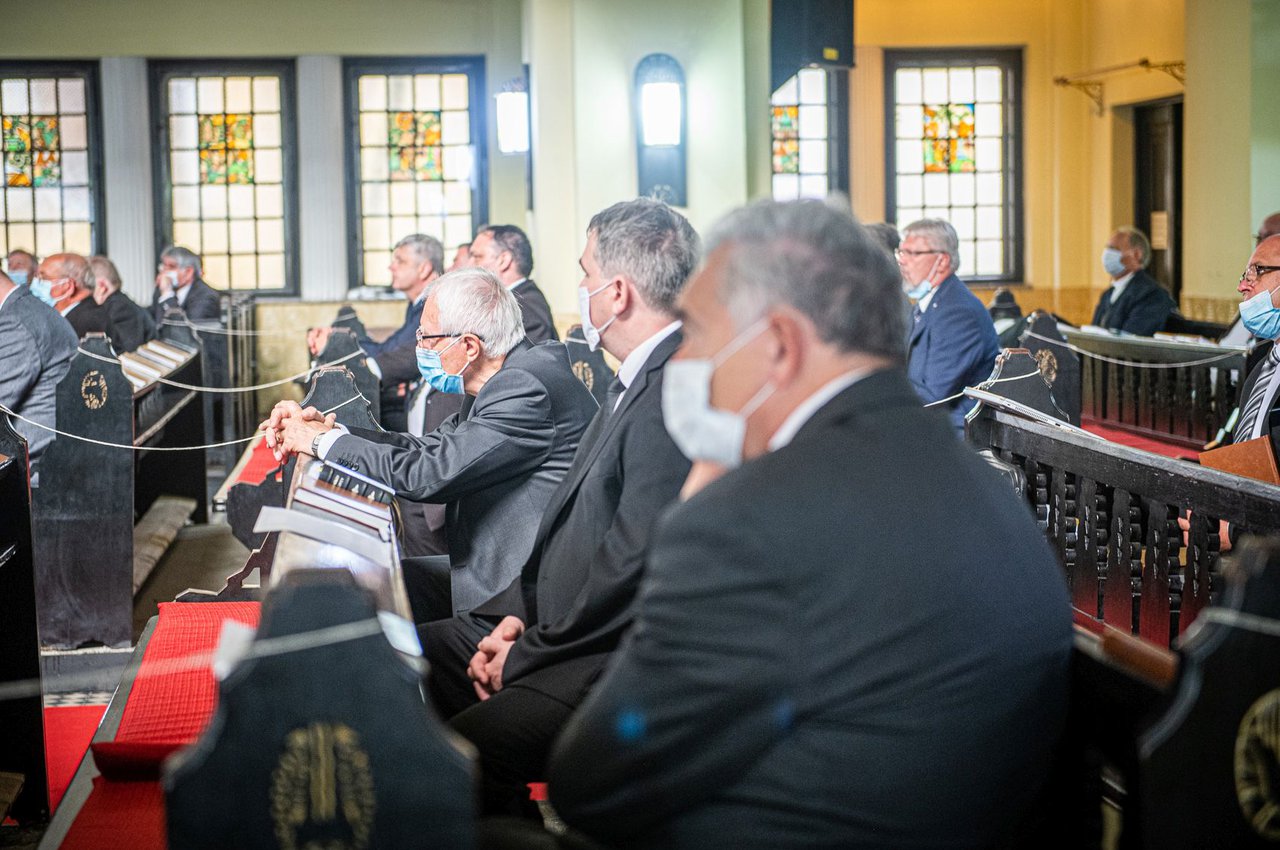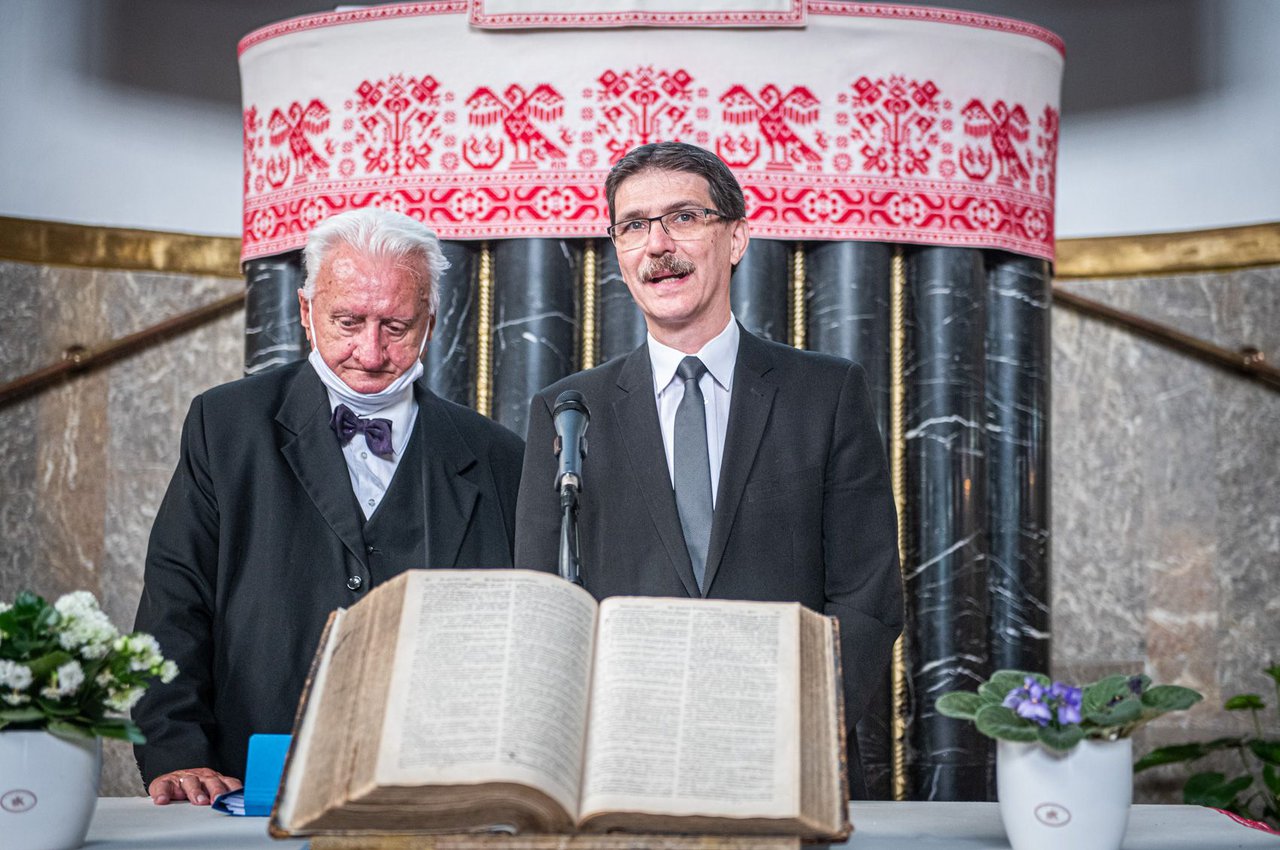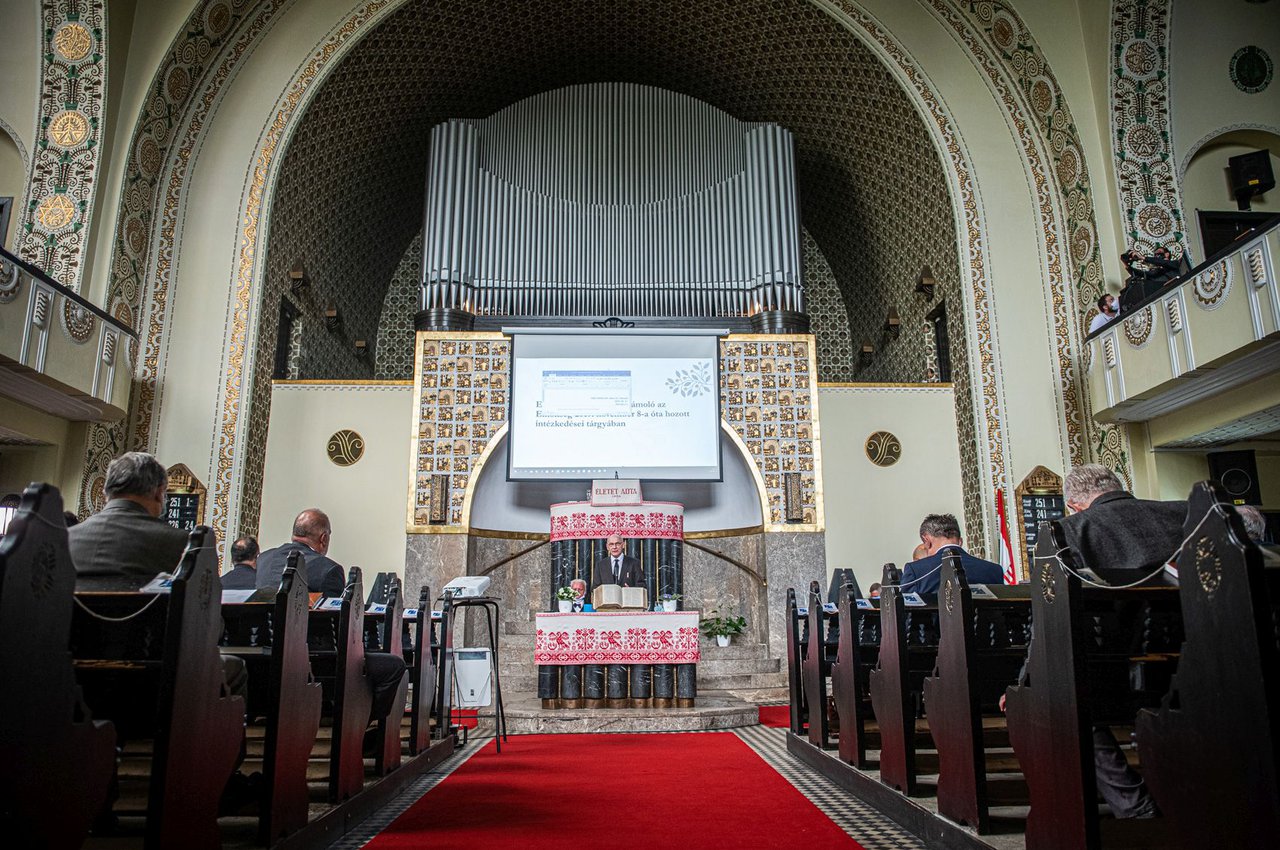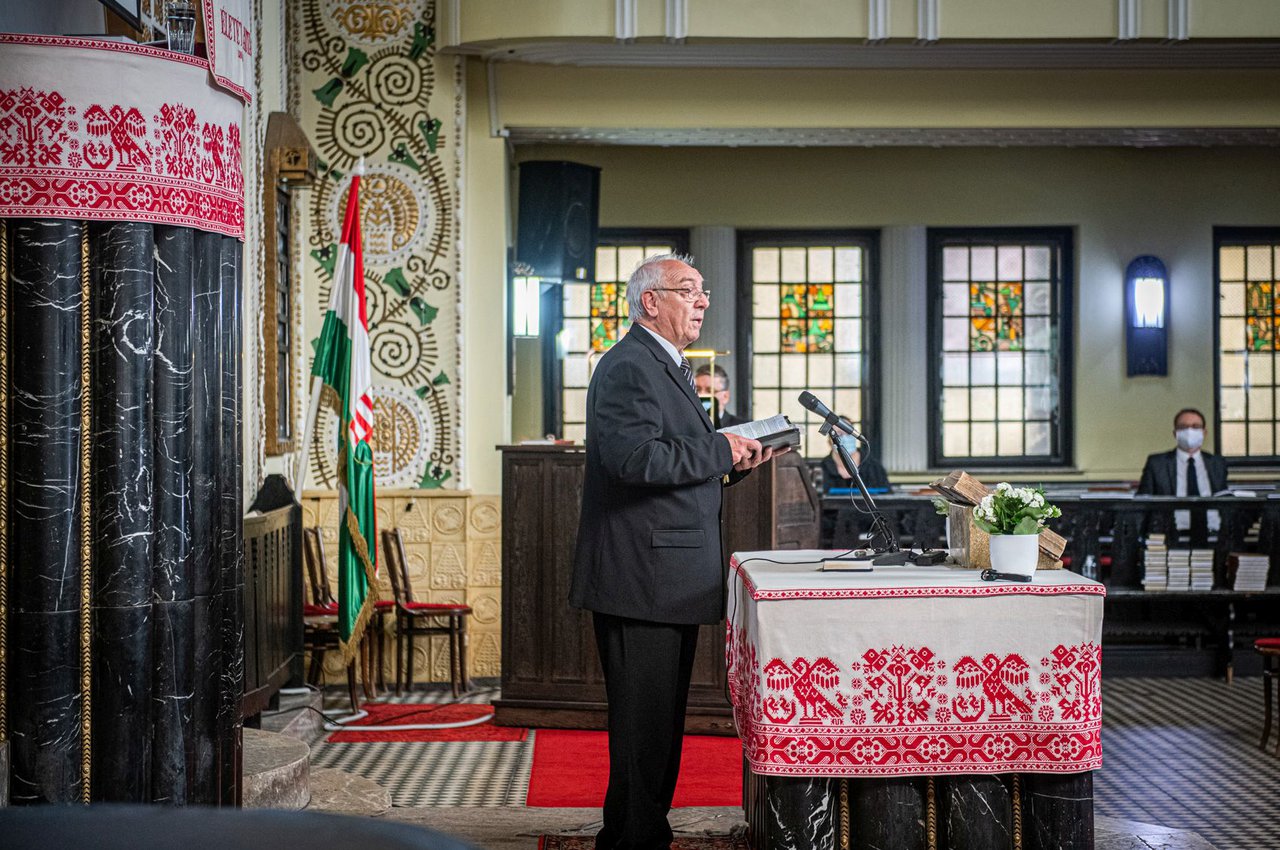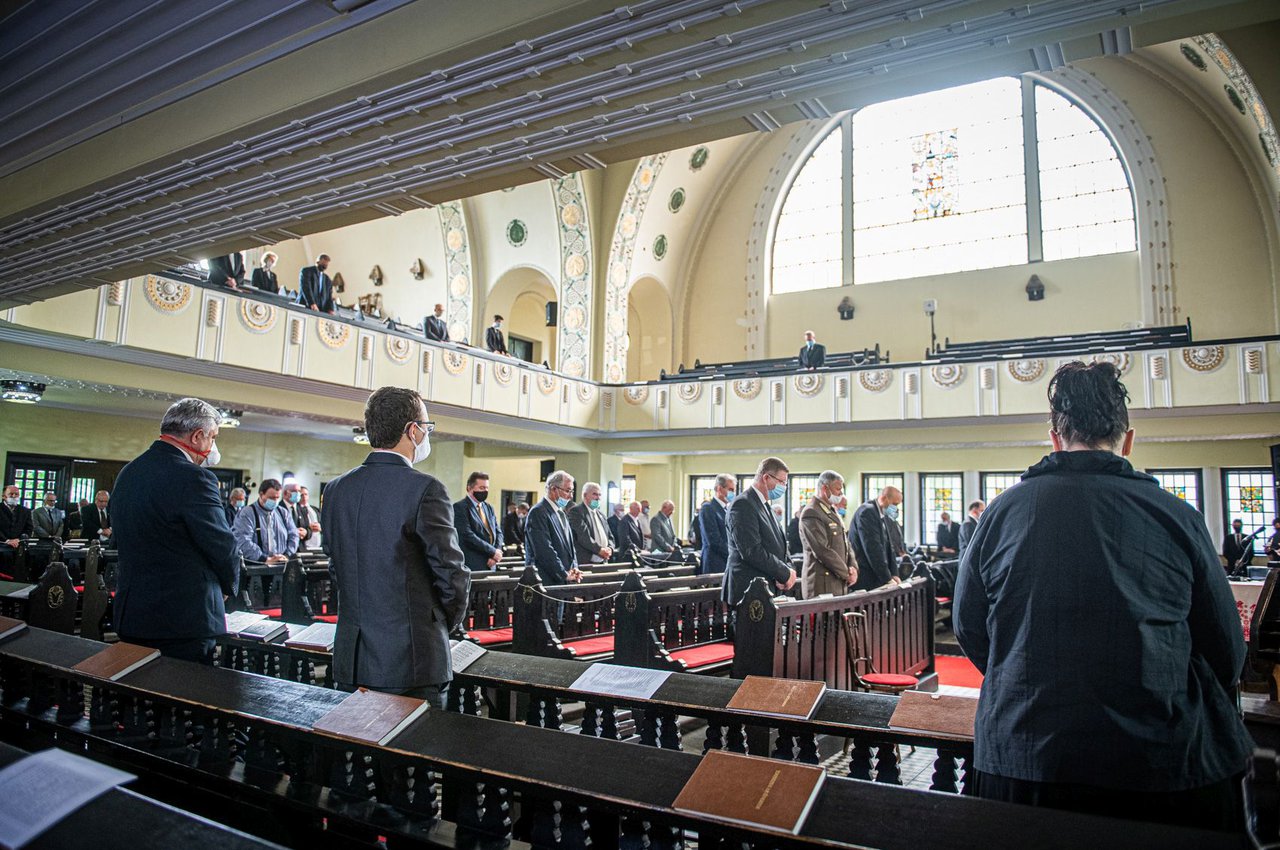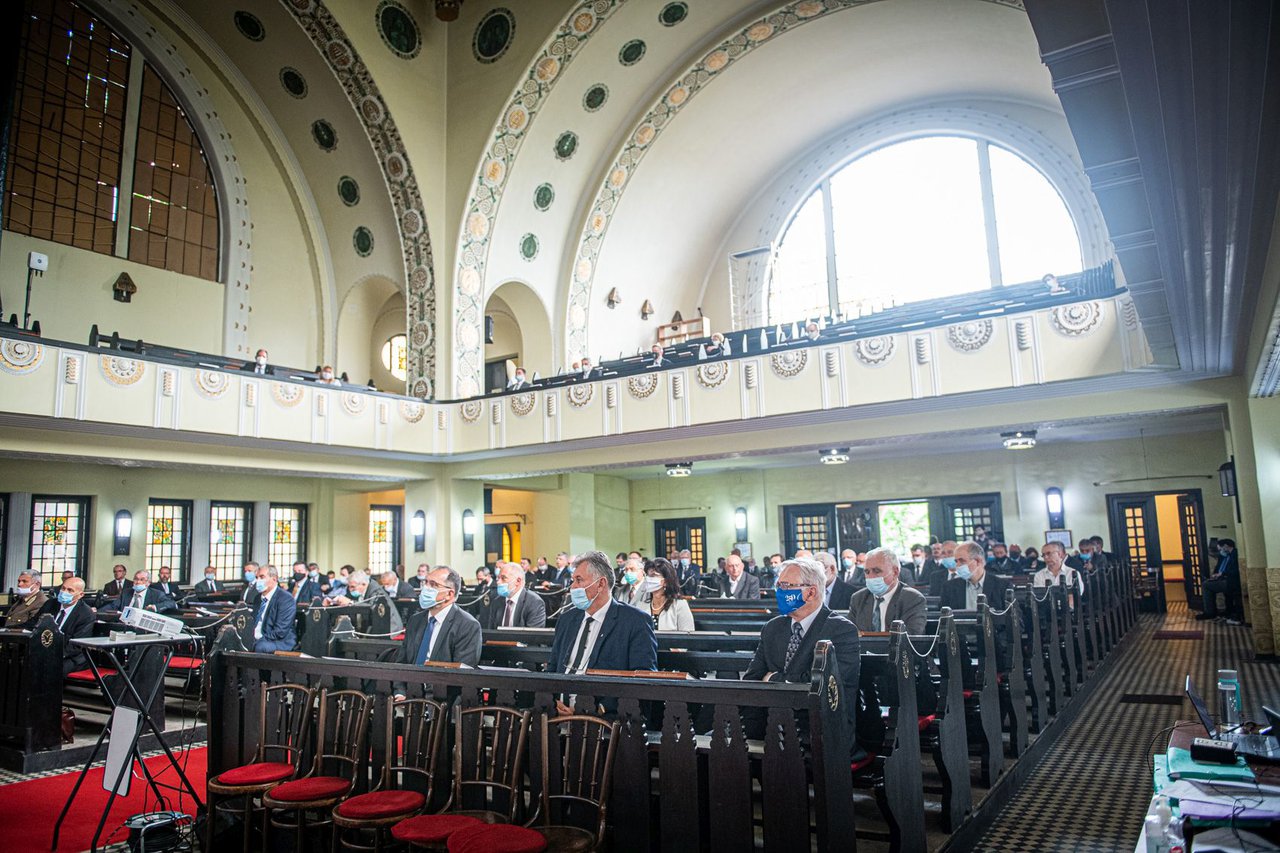
“Thanks to God, He saved us,” said Bishop István Bogárdi Szabó in his opening speech of the Synod which took place on June 11. Due to the emergency situation still in place, the highest decision making body held its session in the church of the Budapest-Fasor congregation, in complying with COVID-19 related restrictions and regulations.
“We are grateful to all congregations and church institutions; diaconal and educational institutions; pastors, religious teachers, presbyters, and media workers, who did their best during this extraordinary period to deliver the message of the gospel,” said Bishop Szabó. He expressed the Synod’s gratefulness to everyone who preached the good news, and his message of Jesus Christ’s saving grace in new ways “in this miserable life situation”. "It was important to talk about consolation, hope, renewal, and that God did not withdraw from the world."
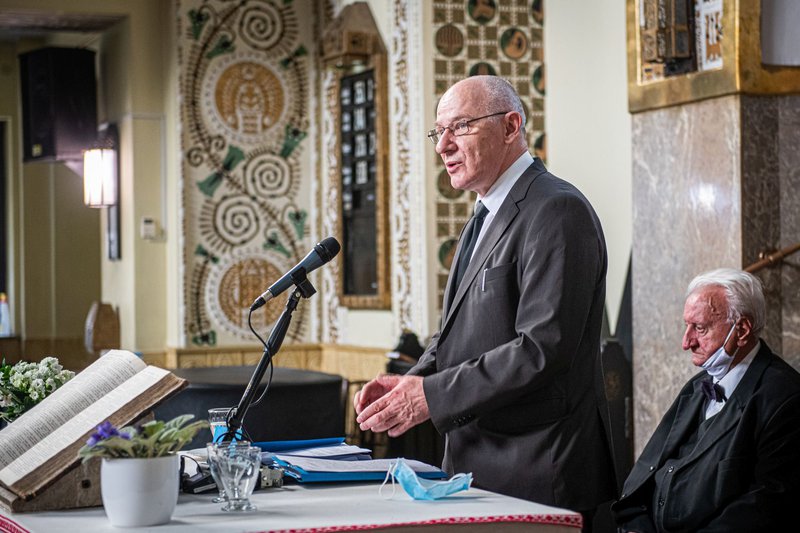
The Bishop reminded that despite the relief, we are still in an extraordinary situation, just as the four months behind us were extraordinary, limiting our social contacts and changing the course of our life. “We don’t know yet how this will affect our souls and the community life. And we have to raise the question whether humanity shall and will live in the same way as before the epidemic.
The new situation has also brought new dilemmas, including questions about the administration of the sacraments and liturgical ones, as well as the issue of the online broadcasting of church events. "According to the practice of our church, we normally live out the worship community in the sacred places built for this purpose. We are waiting for everyone to return back here and we hope that all restrictions will be lifted soon," Bishop Szabó emphasized. He also warned that we cannot yet draw lessons from the past weeks. We need more distance in time and we have to analyse available data to see what this emergency has revealed. We can already see that there is a “virtual Reformed church in Hungary”. Based on feedbacks, the number of those who joined Sunday worships online exceeds by far the number of those actually attending church. “It’s a question whether this was a one-time reaction in difficult times or whether this virtual community has really existed for years.”
The main topic of the session was the coronavirus epidemic. Based on the experience gained, the Synod adopted several provisions to ensure the functioning of ecclesiastical bodies in the event of a subsequent crisis. According to these, in the event of an emergency declared by the government, all ecclesiastical bodies have the right to hold meetings and make decisions using an electronic means of communication. In addition, for the duration of the emergency, the Presidential Council, composed by the Bishops and Lay Presidents of the four districts, is authorized to take extraordinary measures to ensure the smooth operation of the Church on certain matters within the competence of the Synod. Presidencies of the Districts and Presbyteries will have the same right on their level of church governance. However, they must report on their activities to a body headed by them, which may revoke the authorization even before the end of the emergency.
The church leader referred to the ongoing Kindergarten project as a milestone in RCH’s history: “Although we can build fewer kindergartens than originally planned due to rising construction prices, forty-seven institutions will be constructed and nineteen renovated.”
Regarding the Unity Day in Târgu Mureş, postponed to 2021 due to COVID-19, and the 100th Anniversary of the trauma of the Trianon Peace Treaty, closing WWI, Bishop Szabó emphasized that "it is appropriate to talk this year not only about the hundred years behind us and the way that led to Trianon, but also about the next hundred years”. This is what the Hungarian Reformed Community would have done at the Unity Day.
The Synod dicussed among others issues related the monitoring system of Diaconal institutions, publication of the new hymnary, communication campaign, with special focus on the COVID Emergency Fund of the Hungarian Reformed Church Aid which reached nearly 400 000 people.
